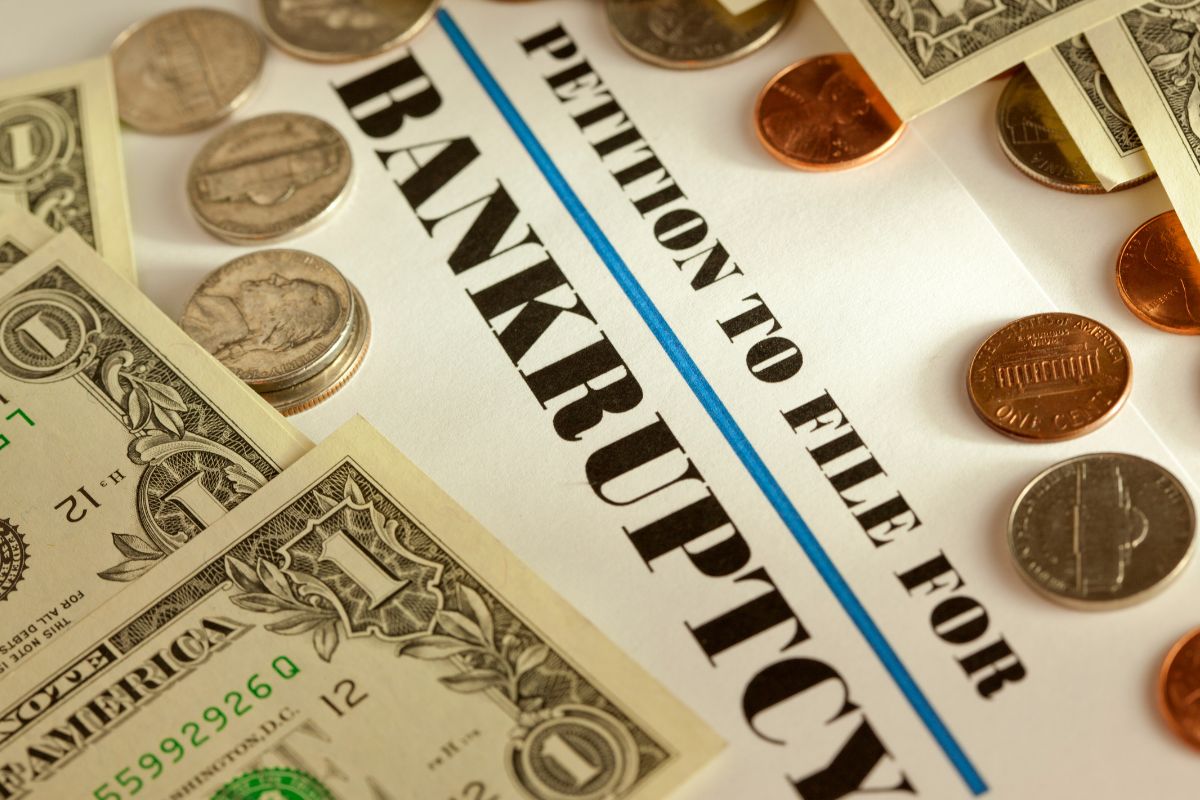In the labyrinthine world of bankruptcy proceedings, the bankruptcy trustee emerges as a critical player, orchestrating the course of the case. Selected by the U.S. Trustee Program, a component of the Department of Justice, the bankruptcy trustee embodies the role of a neutral mediator tasked with the meticulous management of the debtor’s bankruptcy case. This position carries significant responsibilities and is underpinned by an unwavering commitment to impartiality, ensuring that the rights and interests of both the debtor and the creditors are safeguarded throughout the process. This article, guided by Berleth & Associates, will outline the duties of a bankruptcy trustee and highlight how they work to ensure that all parties involved are treated fairly.
What is A Bankruptcy Trustee?
A bankruptcy trustee is a fiduciary responsible for administering the bankruptcy process. This includes collecting and selling non-exempt assets, disbursing payments to creditors, reviewing documents submitted by debtors, and ensuring that all filings are accurate and complete.
The bankruptcy trustee has several roles in a case: they investigate the debtor’s financial situation, advise the debtor on their legal rights and obligations, review exemptions claimed by the debtor, oversee the administration of the case, and provide information to creditors.
Establishing Trustee Responsibilities
The primary responsibilities of a bankruptcy trustee include reviewing the debtor’s bankruptcy petition, liquidating the debtor’s non-exempt assets in a Chapter 7 case, overseeing the debtor’s repayment plan in a Chapter 13 case, and disbursing payments to creditors. The trustee is also responsible for exposing fraud and ensuring the process abides by bankruptcy laws.
How a Bankruptcy Trustee Can Help You Reach a Favorable Outcome
A bankruptcy trustee can help a debtor reach a favorable outcome by ensuring that the debtor’s repayment plan is fair and reasonable. They can also assist in identifying non-exempt assets that can be used to pay off debts, providing guidance to ensure that the debtor complies with all required procedures, and offering objective advice to help the debtor make informed decisions.
What to Expect During The Meeting With Your Bankruptcy Trustee
During the meeting with your bankruptcy trustee, you can expect to answer questions about your financial situation, debts, assets, and any discrepancies in your bankruptcy petition. Being fully prepared and honest is crucial, as the trustee’s role is to ensure your creditors are treated fairly.
Bankruptcy Trustee Roles And Responsibilities
When it comes to bankruptcy proceedings, the role of a trustee is often misunderstood or overlooked. It’s essential to understand the duties of a bankruptcy trustee as they can make all the difference in achieving a favorable outcome. A trustworthy and knowledgeable trustee can help protect your assets and guide you.
Fair Treatment For Everyone
They are responsible for making sure creditors are treated fairly and that the case abides by all applicable bankruptcy laws. With this in mind, finding a qualified and experienced bankruptcy trustee you can trust with your case is important.
Gathering and Overseeing
The trustee’s responsibilities vary depending on whether the case is a Chapter 7 (liquidation) or Chapter 13 (reorganization) bankruptcy. In a Chapter 7 case, the trustee’s role is to gather and sell the debtor’s non-exempt assets and use the proceeds to repay creditors. On the other hand, in a Chapter 13 case, the trustee’s role is more about overseeing the debtor’s repayment plan, collecting payments from the debtor, and disbursing these payments to the creditors.
Objections and Exemptions
The bankruptcy trustee also holds the power to object to exemptions that the debtor may claim and has the authority to challenge the discharge of any debts if they believe it’s warranted. They are responsible for reviewing the debtor’s bankruptcy papers and supporting documents. The trustee checks for accuracy and truthfulness and to identify any potential fraud.
341 Meeting
Another significant role of the bankruptcy trustee is conducting what’s known as the 341 meeting or the meeting of creditors. This platform is where creditors, the trustee, and the debtor come together. The debtor is questioned under oath about their financial affairs and the proposed terms of their bankruptcy plan.
Common Mistakes People Make When Working With A Bankruptcy Trustee
Common mistakes that people make when working with a bankruptcy trustee include failing to provide accurate or complete information, not understanding the role of the trustee, and being unprepared for the trustee meeting. These errors can lead to unnecessary delays and complications in the bankruptcy process.
How To Find a Qualified Bankruptcy Trustee
When looking for a qualified bankruptcy trustee, it’s important to research and find someone experienced in handling similar cases. Look for reviews from previous clients or ask friends and family for referrals. Make sure to contact the trustee beforehand to schedule an initial consultation.
Final Thoughts
In conclusion, the bankruptcy trustee plays a pivotal role in the bankruptcy process, acting as an impartial figure to ensure fairness, accuracy, and transparency while balancing the debtor’s and creditors’ rights and interests. Berleth & Associates knows that understanding their role can provide valuable insight into bankruptcy, making it less intimidating for those facing it.



































